Description
From the State of the Khilafah to the Nation State (Occasional Paper No. 3)
INTRODUCTION
Many Islamist movements in the twentieth century have been calling for the establishment of a global caliphate under the rule of one caliph. These pan- Islamist movements are found in many parts of the world. They, however, differ on how to achieve this goal. The advocates of establishing one caliphate or a super state believe that as a consequence of achieving this noble goal relations between the non-Muslims and Muslim states cannot be peaceful; that Muslims are under an obligation to overwhelm the non-Muslims to establish the ideal super state and impose shari’ab on non-Muslims; and that the cause of war in Islam is the elimination of infidelity or the subjugation of all non- Muslims.1 Other advocates of this idea are of the opinion that we have to work for a revolution based on the Prophet Muhammad’s (peace be upon him) time in Makkah and once we get the strength we have to declare a war on all non-Muslims who are against the establishment of ‘one caliph’s rule’. 2
As a matter of fact, the mainstream religious scholarship prefers an ideal of peaceful relations with non-Muslims and unity among Muslims. They are cognizant of the practical and political reality that has existed throughout the Islamic political history, that we have always had different states and empires. The realist school of thought always recognized differences and difficulties in establishing the “one caliph’s rule” in the world. The idealist school has ideal goals that are not practicable in a world which comprises of more sovereign Muslim states than one.
ABOUT THE AUTHOR
Prof Dr. Muhammad Munir received his PhD from the University of Karachi. Currently he is Vice President Administration, Finance and Planning at the International Islamic University, Islamabad. He is professor of law at the department of law as well as Ex. Director General Shariah Academy at the same University. He has authored over 40 journal articles on jurisprudence, Islamic jus in bello, Muslim family law, human rights, and on various issues within Pakistani legal system. Some of his articles are translated into Arabic, Urdu, Turkish, Persian, and Malay languages.
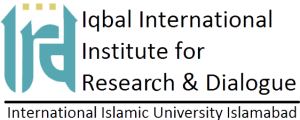
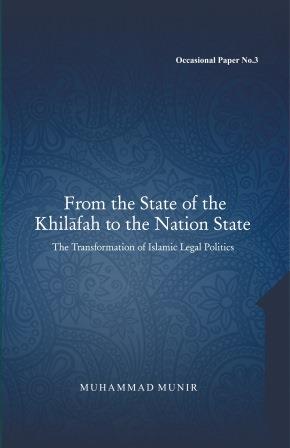
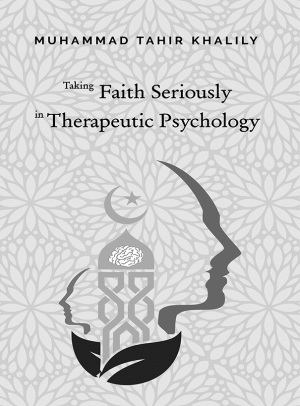
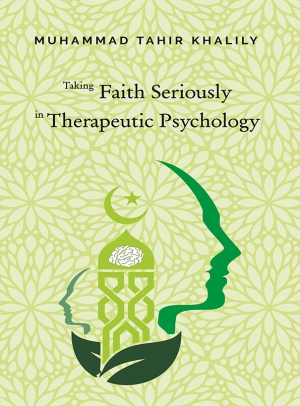
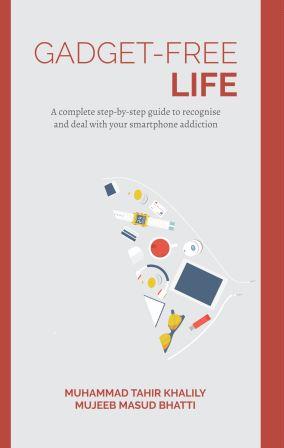
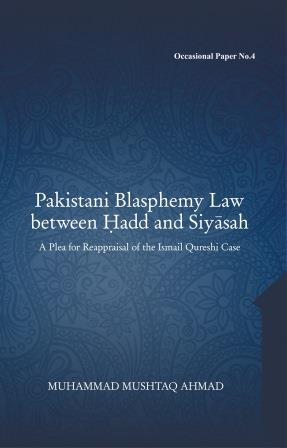
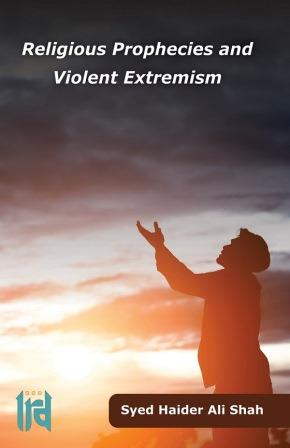


Reviews
There are no reviews yet.